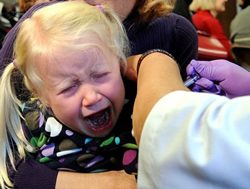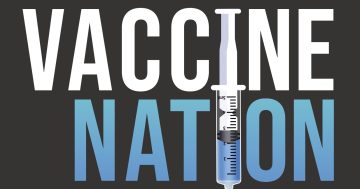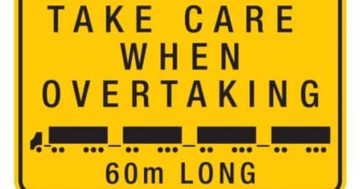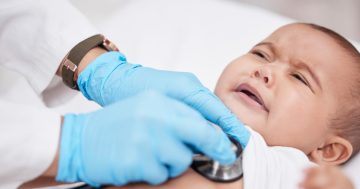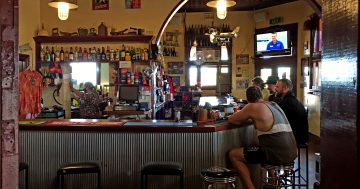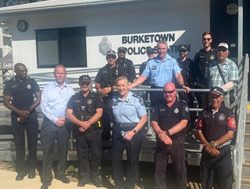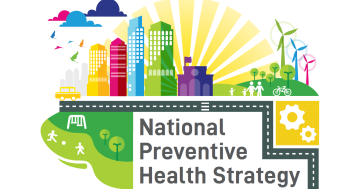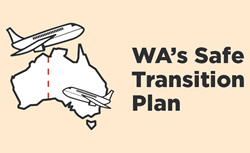 WA Health and the State Government have released a Safe Transition Plan to minimise the impact of the COVID-19 virus on the Western Australian community as borders reopen and restrictions ease.
WA Health and the State Government have released a Safe Transition Plan to minimise the impact of the COVID-19 virus on the Western Australian community as borders reopen and restrictions ease.
The plan outlines safe conditions for interstate and international travel and provides certainty on how businesses and the Western Australian way of life can continue safely.
In a statement, WA Health said with a 90 per cent double-dose rate (12 years and older) expected in late January or early February, the State’s controlled border would be eased to allow for international and interstate travel from all jurisdictions, with testing and vaccination requirements.
“Interstate arrivals will be required to be double-dose vaccinated (for eligible people); return a negative PCR test 72 hours prior to departure; and undertake a test on arrival in the State (to be phased out, pending a review),” WA Health said.
“Similar restrictions will apply to international arrivals, with the addition that they will be required to complete 14 days’ quarantine in a designated facility if they are judged to be at high risk,” it said.
WA Health said interim baseline public health and social measures would be applied pending up-to-date health advice.
These included face masks for some high-risk indoor settings; proof of vaccination for large events, nightclubs and the casino; contact registration at all public venues; revised COVID Event and Safety Plans; and restricted entry to remote Aboriginal communities.
WA Health said these baseline measures might increase based on up-to-date health advice at the time.
“Our modelling illustrates a slower rise in cases at 90 per cent vaccination compared to an 80 per cent rate and is based on a realistic level of tracing, testing, isolation and quarantine measures,” it said.
“This means at a 90 per cent rate, with widespread community transmission, the expected maximum number of general bed hospitalisations on a single day is reduced to 54, compared to 178 general bed hospitalisations, on a comparable day, at an 80 per cent rate,” WA Health said.


